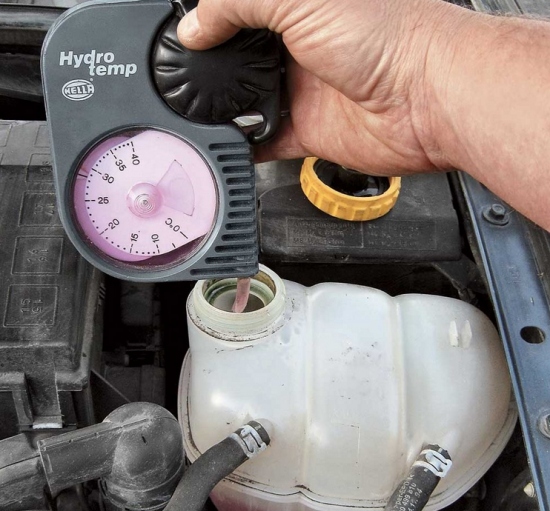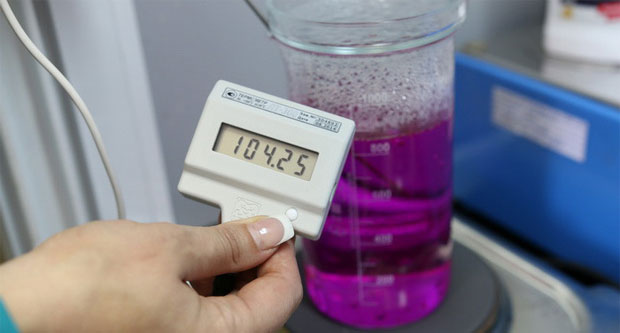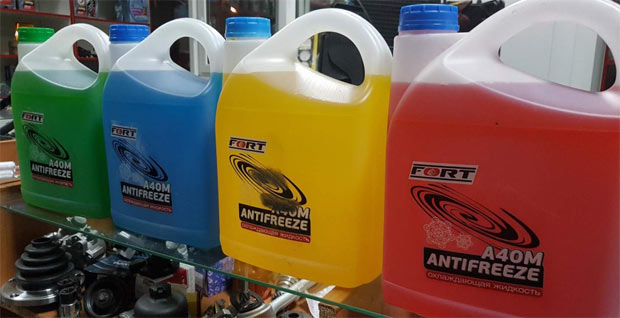
At what temperature does antifreeze boil?
Content
Reasons for boiling antifreeze
Among the reasons for boiling antifreeze, you can find both easily eliminated and those that may require serious repairs. The first ones include:
- Low fluid level in the expansion tank, when it is enough just to add fluid. At the same time, class G11 liquids are considered more “volatile”, and, therefore, they “leave” faster than the more “bright” coolants of the G12 type.
- Damage to the pipes of the cooling system, when you can simply repair the hole, and then replace the damaged hose yourself or at a service station.
More serious violations include a broken thermostat, a radiator leak, or a pump that does not work properly. For most car owners, such breakdowns become a reason to contact the nearest car repair shop.


Boiling point of different types of antifreeze
Red antifreeze is ideal for good foreign-made cars, because it not only contains propylene glycol, which is gentle on the cooling system, but also has a fairly high boiling point - from 105 to 125 degrees Celsius, depending on the pressure in the cooling system. In addition, due to the presence of additives, the likelihood of boiling is reduced to zero.
Cheaper options - blue antifreeze, as well as "European" green coolants have approximately the same boiling point from 109 to 115 degrees. They are used in relatively unpretentious cars of domestic and foreign production, and the difference between blue and green is often only in the freezing temperature. In green, it is slightly lower - about -25.
Thus, the color of the liquid, if it affects the boiling point of antifreeze, is very insignificant.


What to do if antifreeze boils?
If the boiling point of the antifreeze is exceeded, it is already useless to turn off the engine: it must idle for some time until the temperature in the system drops to a working state. If the fluid level in the tank has dropped, it must be topped up and, with caution, drive to the place where the machine is being repaired. It is, of course, necessary to look for the cause of the boiling of the coolant immediately after the problem occurs.
To prevent the possibility of antifreeze boiling or antifreeze boiling, it is necessary not only to change the cooling liquid in accordance with the instructions, but also regularly, once every two to three years, flush the system and monitor the condition of the pipes.
Do not rely solely on the coolant temperature sensor on the car's instrument panel. In order not to miss the beginning of the boiling process, you need to listen to the sound of the engine, signs of steam from under the hood or leaks from the pipes. If you follow these tips, you will not need to know the boiling point, since this trouble will never remind you of itself.


Watch this video on YouTube
